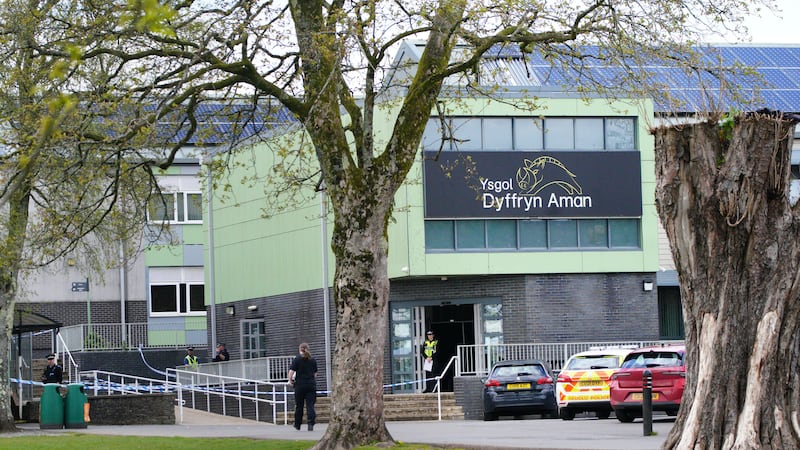EXAM chiefs are to investigate the massive increase in the gender gap at A-level - with girls streaking ahead of boys.
The number of boys achieving top grades has slumped while there has been a considerable jump in girls scoring A* and As.
Figures released by the Joint Council for Qualifications (JCQ), showed a continued strong performance from Northern Ireland pupils.
Performance across all grades remained stable.
Those awarded the A* grade increased by 0.4 percentage points to 8.1 per cent of entries. The percentage of entries achieving A*-A grade increased by 0.9 percentage points to 30.4. The overall A*-E pass rate remained steady with a 0.1 percentage point increase to 98.3.
The Council for the Curriculum, Examinations and Assessment (CCEA) said it had some concerns about the widening gender gap and wanted to explore the issue further.
Northern Ireland leads the country in top-mark #alevelresults but there is still a huge gender imbalance in some subjects pic.twitter.com/t5U1p4dPDA
— Press Association (@PA) August 17, 2017
It said it wanted to now carry research to establish whether subject choice was having an influence.
The gap between females and males widened across all grades, CCEA said, due to an increase by girls and a decrease by boys. Girls now outperform boys by 1.5 percentage points at the A* grade and 6.5 percentage points at the A*-A grade.
Last year these gaps were just 0.3 and 4.1.
CCEA chief executive Justin Edwards said it was too early to tell why the gap had widened so much in one year.
"As with any results, there are some things worth further study, such as the widening performance gap between males and females. Whilst we must recognise and celebrate the achievements offemale students, a widening of the gender gap is a concern," he said.
"It is probably not due to subject choice alone. There are potentially many reasons."
Overall, A-level entries saw a slight decrease this year (-3.6 per cent), in line with the overall school population decrease.
Subject choices remained broadly stable with mathematics continuing to be the most popular A-level, accounting for one in 10 entries.
Science, technology, engineering and mathematics (stem) entries decreased slightly while there were increases in computing (+28.6 per cent), PE (+4.7), design and technology (+3.0), media/film/TV (+2) and religion (+2.3).
There were declines in psychology, geography, physics and history.
Mr Edwards said this year's results presented a good picture for the north.
"The study of stem-related qualifications has reduced by a small margin,yet still accounts for just over 39 per cent of entries in Northern Ireland," he said.
"It is reassuring to see further growth in entries in further mathematics, computing and software systems development at A-level. The results are an important part of a student's educational journey and I wish them all the very best for the journey ahead."
At AS-level, while there was a drop in entries of 8.1 per cent, it was nothing like the fall across the UK - 39.1 per cent. This was due to the decision in England to stop them counting towards a full A-level. The AS-level remains part of the overall A-level grade in Northern Ireland.








